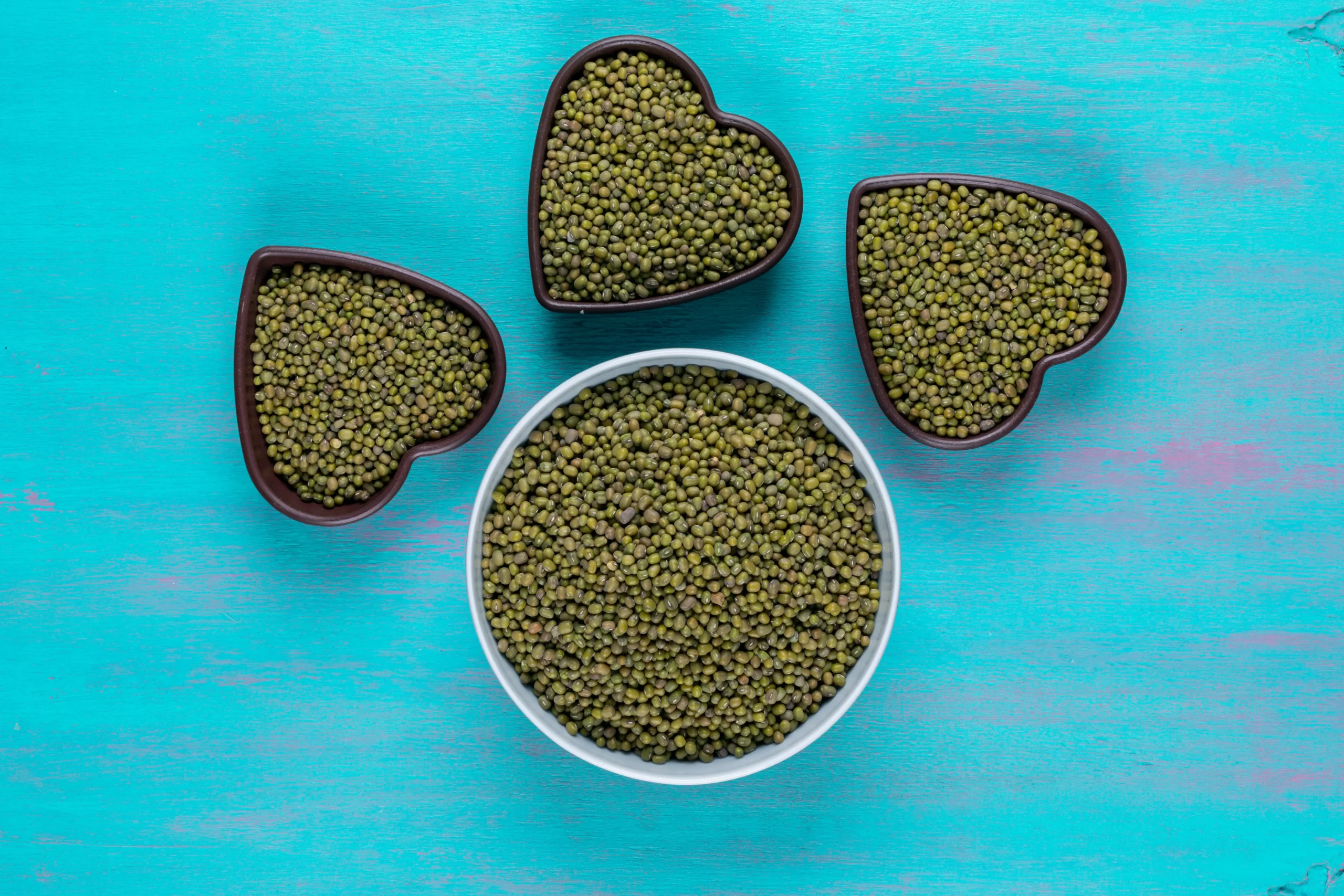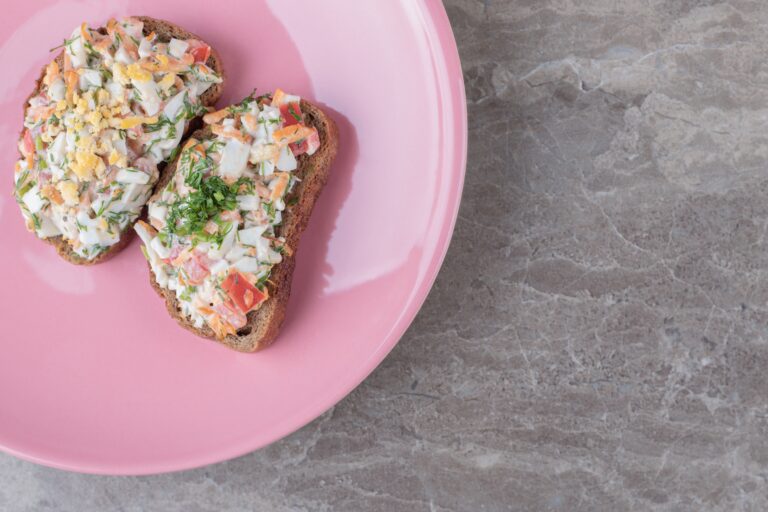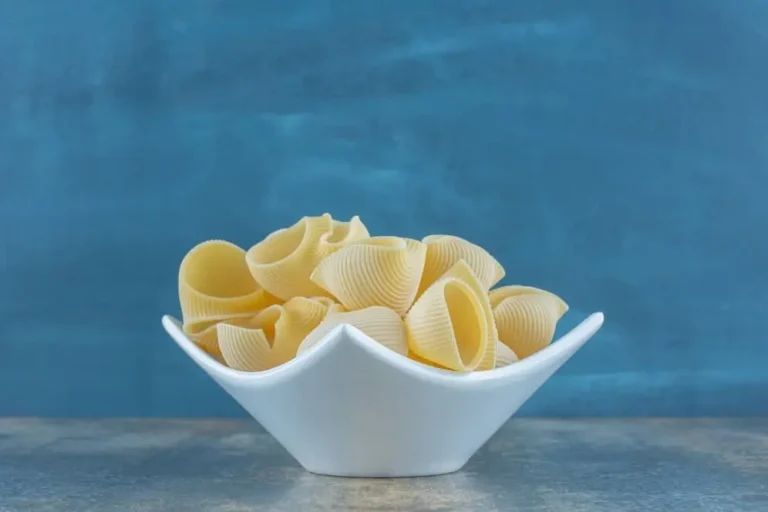Coriander Seeds: Nature’s Versatile Ingredient and Health Booster
Coriander seeds are small, round grains from the Coriandrum sativum plant, giving earthy flavor to various dishes around the globe. Being versatile, seeds are more than a delight in the culinary world; they have health benefits as well. The use of coriander seeds is in whole, ground, and powdered forms and can easily be grown or sourced. Let’s dip into the rich uses, benefits, and other interesting information regarding coriander- seeds.
What are coriander seeds?
These come from the same plant that has leaves and stems known as cilantro. They have a fresh citrusy flavor that enhances many foods and are used in many cuisines worldwide. seeds make cilantro plants, so they are useful for gardeners and cooks alike. The seeds typically ripen to light brown, at which point they can be ground or added whole to recipes.
Health Benefits of Coriander Seeds
These are packed with antioxidants, essential oils, and dietary fiber. They are widely used in traditional medicine due to these reasons. Here are some impressive health benefits:
- Digestive Aid: The seeds stimulate digestive enzymes that enhance gut health and minimize discomfort.
- Anti-Inflammatory Properties: It contains compounds that reduce inflammation, so it can be used to alleviate joint pain among other inflammatory ailments.
- Control Blood Sugar: these control blood sugar, which is very helpful to the diabetic.
- Antioxidants: High levels of antioxidants in coriander seeds protect cells from damage and thus make the skin and the body healthy.
- Helps Heart: These may reduce the level of bad cholesterol. This can help improve cardiovascular health.
Use of Coriander Seeds in Cooking
These add warmth to a variety of dishes. They can be added to stews, soups, and even salads for an earthy flavor. For a fragrant touch, toasting coriander seeds before grinding them enhances their aroma. Some popular recipes with coriander -seeds include:
- Curries and Stews: Ground coriander -seeds add depth to curries, soups, and stews, making them richer in flavor.
- Baked Goods: Coriander -seeds can be added to bread or pastry recipes with a subtle citrus flavor.
- Vegetable Dishes: Use crushed coriander -seeds in roasted or sautéed vegetables to add well-rounded flavor.
Coriander Seed Substitutes and Alternatives
If coriander seeds are not available, there are several substitutes for attaining a similar flavor:
- Cumin Seeds: Cumin has a flavor somewhat similar to earthy, although it is more intense than coriander.
- Caraway seeds are another acceptable substitute with the same warming flavor. This is suitable for all recipes that indicate coriander -seeds can be used whole.
- Fennel seeds will offer a touch of sweetness. Fennel adds depth to anything that requires coriander.
Coriander Seeds in Home Remedy
In addition to cooking purposes, coriander -seeds have medicinal value. Their application is to make several teas and infusions for relief of many situations.
- Coriander Seed Tea: Coriander seed tea can be prepared as the seeds are boiled in water. It is the most commonly used remedy for flatulence and bloating.
- Coriander Seed Water: The seeds of coriander soaked overnight and their water taken in the next morning, aid in detoxifying the body and improve your skin health.
Growing Coriander from Seeds
This is one of the easy-to-grow crops for a home gardener. To grow coriander from seed, follow the following steps:
Use organic coriander seeds.
Soaking the seeds overnight will hasten germination.
Plant them in soil that drains well with direct sunlight.
Give them light watering to prevent waterlogging.
With due care, the seed of coriander would sprout into cilantro leaves, harvested within a couple of weeks.
Variety and Form of Coriander Seeds
Coriander- seeds exist in various forms- whole seed, ground powder, or even as essential oils, thus one form has several advantages combined with suitability regarding use for that form
Whole Coriander seeds: In terms of freshness and preservation time, toasted as well as ground for preparation can be done utilizing whole seeds since their freshest contents are preserved the longer it takes.
Ground coriander: While the entire form is effortlessly incorporated while cooking, it dries out much sooner.
Coriander Seed Essential Oil: This oil is used in aromatherapy, offering a calming effect and it is used in the cosmetic industry.
Nutritional Value of Coriander Seeds
These are rich in nutrients. Here is a summary of their nutritional value:
| Nutrient | Amount (per 1 tbsp) |
| Calories | 5 kcal |
| Carbohydrates | 1 g |
| Fiber | 1 g |
| Protein | 1 g |
| Vitamin C | 1% of Daily Value |
| Iron | 2% of Daily Value |
Frequently Asked Questions About Coriander Seeds
1. What are coriander seeds?
These are the dried seeds of the cilantro plant and are used in cooking as well as medicinal remedies.
2. Can coriander- seeds grow cilantro?
Yes, it can be used to grow cilantro leaves.
3. What is the best alternative to coriander seeds?
Cumin and caraway seeds work well as alternatives to coriande seeds in cooking.
4. What health benefits do coriander- seeds have?
They support digestion, reduce inflammation, control blood sugar, and help maintain heart health.
5. Where can I get coriander seeds around me?
These are found in most grocery stores and are also available online on the likes of Amazon.
Conclusion
Coriander seeds are not only a spice but also an ingredient of great culinary and medicinal importance. From adding flavor to recipes to offering numerous health benefits, coriander -seeds are versatile and helpful. Once you learn how to use, grow, and substitute them, you can enjoy the full benefits of this unique seed in your kitchen and wellness routines. Whether cooking up a curry or brewing a soothing tea, coriander- seeds are an invaluable addition to any pantry.







